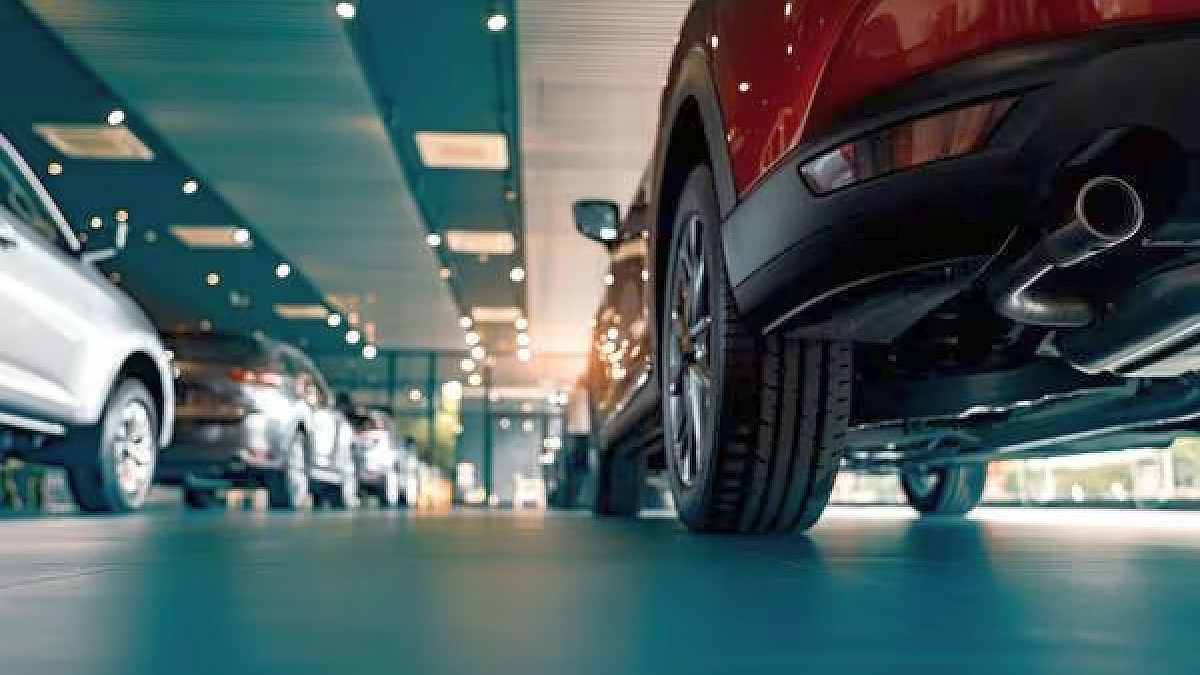In this context, No operations are being carried out and the few that are carried out are at a price agreed upon between the parties and from the stock that the agencies have since the factories cut off billing.
According to terminal sources, the delay is due to an “administrative problem” with the signatures needed to publish the standard.
“They don’t say that there is a bureaucratic problem, but until we see the decree published we will not be calm,” they acknowledged from a car company.
The bet now is that it will be published during the first days of next week.
As Ámbito had anticipated, the Government will suspend the first scale of Internal Taxes for 0km cars, a measure that both vehicle manufacturers and importers have been demanding.
With the strong increases of more than 40% in car prices in December, as a consequence of the devaluation, the situation of the automotive market was impacted by the effect of this tax.
Currently, all 0km of more than $14,700,000 must pay a tax of 20%, which implies an increase in the values of 25% for this scale due to the method of calculation, while the second scale pays 35% and rises around 54% in the final value of the cars.
This month’s price adjustment led to almost all models being affected by the tax surcharge or “capped” below that value to avoid paying it.
If the so-called “luxury” tax is not modified, by increasing prices in January there would be no way to continue keeping these 0km out of the tax and this would cause prices to jump well above the adjustment necessary for inflation.
It is true that many models are being sold on the market at premium prices, especially imported ones, which exceed that value, but since it is a private negotiation between dealerships and buyers, they do not pay the tax.
The impact of the tax is not a minor issue since today all prices are distorted by this tax. By suspending it, the models that are “capped” will have more room to increase, while those that already pay will benefit from the tax reduction.
In a context of lower inflation, the removal of a 20% tax burden (which impacts 25% on the real value to the public) would have a visible impact, but taking into account that the cost of living index for December is going to be at 25% or more, what can happen is that the tax benefit mitigates the increase. In any case, everything will depend on the strategy of each brand.
“We must keep in mind that the revenue it generates is not important but that it was applied to stop the outflow of dollars. If they do not make a change, the revenue will fall more because car sales will collapse,” they said from a automotive.
The Government was working throughout last week on a modification to the Internal Tax regime so that fewer cars are affected. The information was confirmed “off” by official sources.
Through a decree, the tax base can be changed and the majority of the 0km are outside the tax without altering the general rule.
It is a solution similar to the one applied at the beginning of Mauricio Macri’s administration, in January 2016, when he eliminated the first scale and lowered the second, which was from 50% to 35%, as it applies until today.
In this way, he reversed what was done by the government of Cristina Fernández de Kirchner.
Alberto Fernández, in 2019, re-implemented the pre-Macri scheme, which is the one in force, although he maintained the second scale at 35%.
As Ámbito was able to find out, the draft decree being worked on will suspend the first scale of this tax starting in January. The suspension will be temporary and the decision that needed to be made was whether the impasse will be for three or six months.
A modification was also being analyzed for the second scale, which corresponds to vehicles above $27,000,000. The idea was not to suspend it as well but to lower the percentage of the rate paid so that the models become less expensive and which today is 35% or to raise the tax base. But this change is not confirmed and the scheme can be maintained as it is today.
The evaluation of the duration of the suspension has to do with the period that the Government considers critical due to the high inflation that is expected.
It must be taken into account that the current adjustment of the tax base is carried out quarterly, taking the increase in the cost of living from the previous three months. Today the update that was made on December 1 is in force by law and the next correction would have to be made in March. To modify this form of updating, another law is required. Not to modify or suspend the scales.
Once this period has expired, it will be evaluated whether it is necessary to extend it or return to the current scheme, depending on the inflationary situation.
“The idea is to temporarily carry out and then analyze a possible change in the law. The issue today is to solve the price disorder that exists due to the cap imposed by the tax,” the Government explained to this medium.
The final decision on the details of the decree has not been made and depends on the approval that comes from the Minister of Economy, Luis Caputo and, obviously, from Milei, so it could undergo changes.
Source: Ambito




